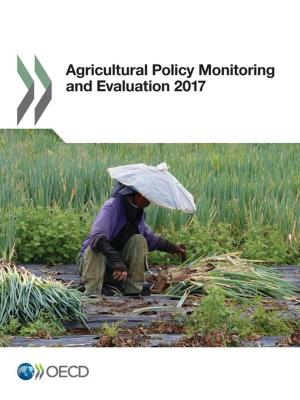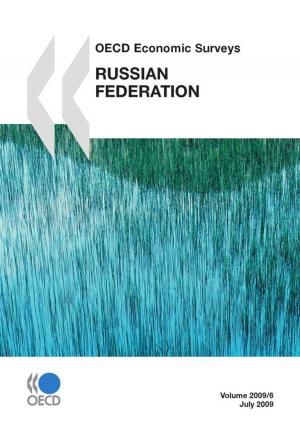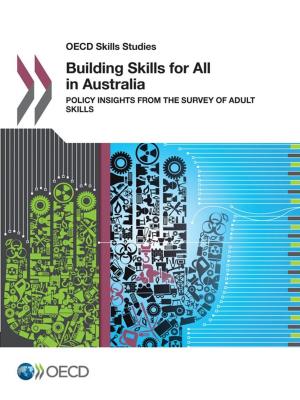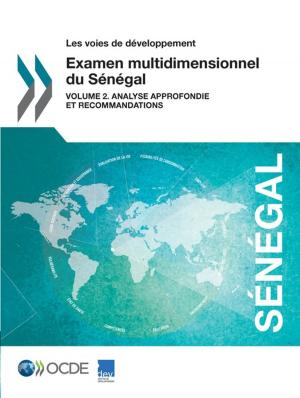| Author: | Collectif | ISBN: | 9789264281189 |
| Publisher: | OECD | Publication: | September 15, 2017 |
| Imprint: | OECD | Language: | English |
| Author: | Collectif |
| ISBN: | 9789264281189 |
| Publisher: | OECD |
| Publication: | September 15, 2017 |
| Imprint: | OECD |
| Language: | English |
The Estonian economy displays numerous strengths, including an excellent business environment, high educational attainment, and solid public finances. However, around a quarter of the population is still at risk of poverty and productivity growth has slowed down. Fiscal room should be used to make growth stronger and more inclusive.
Estonia is well integrated into global trade, and export potential and value-added drawn from trade can improve further. Efforts should concentrate on strengthening adult education, immigration of talents, and cooperation between businesses and researchers.
Investment has weakened, particularly in projects required to increase business productivity. Addressing skill shortages and inefficiencies in the insolvency regime can help raise firms’ investment capacity. Improving the quality of infrastructure projects and developing green investment further is a priority.
SPECIAL FEATURES: GETTING THE MOST OUT OF TRADE; REVIVING INVESTMENT
The Estonian economy displays numerous strengths, including an excellent business environment, high educational attainment, and solid public finances. However, around a quarter of the population is still at risk of poverty and productivity growth has slowed down. Fiscal room should be used to make growth stronger and more inclusive.
Estonia is well integrated into global trade, and export potential and value-added drawn from trade can improve further. Efforts should concentrate on strengthening adult education, immigration of talents, and cooperation between businesses and researchers.
Investment has weakened, particularly in projects required to increase business productivity. Addressing skill shortages and inefficiencies in the insolvency regime can help raise firms’ investment capacity. Improving the quality of infrastructure projects and developing green investment further is a priority.
SPECIAL FEATURES: GETTING THE MOST OUT OF TRADE; REVIVING INVESTMENT















